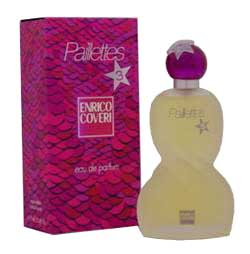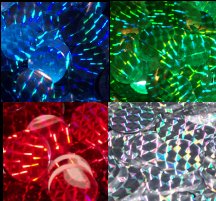TTAB Finds Confusion Unlikely Between "SPANGLE" and "PAILLETTES"
Applicant Derma Sciences, Inc. completed a successful end run around the doctrine of foreign equivalents, convincing the Board to reverse a Section 2(d) refusal of the mark SPANGLE for various bath and cosmetic products. The Board found the mark not likely to cause confusion with the registered mark PAILLETTES for toilet soaps, perfumes, and similar products. In re Derma Sciences, Inc., Serial No. 78127417 (December 22, 2004) [not citable].

Derma Sciences argued that the doctrine is not an absolute rule and that the marks SPANGLE and PAILLETTES are not exact equivalents. It pointed to various dictionary entries translating PAILLETTES as, for example, a "scrap of gold one finds in sands," a "small sliver of a shiny material used to decorate fabrics, certain clothing," and as sequins, spangles, speck, and flake. Derma Sciences contended that “where the foreign word is capable of several translations, there can be no similarity in connotation." Moreover, consumers are not likely to translate PAILLETTES into English in view of the word’s suggestion of “the allure of the French lifestyle.” And even if the mark PAILLETTES were translated into an English word, it is so different in sound and appearance from SPANGLE that confusion is unlikely.

In this writer’s view, the appearance of the word “paillettes” in English language dictionaries tipped the scale in favor of Derma Sciences. One might note that the Board cited Webster’s Third New International Dictionary of the English Language (Unabridged), 1993, which perhaps has more of an "international" bent than other English dictionaries. However, the link immediately above to the The American Heritage Dictionary of the English Language: Fourth Edition, 2000, and the "paillettes" website link further support the Board’s position.




0 Comments:
Post a Comment
<< Home